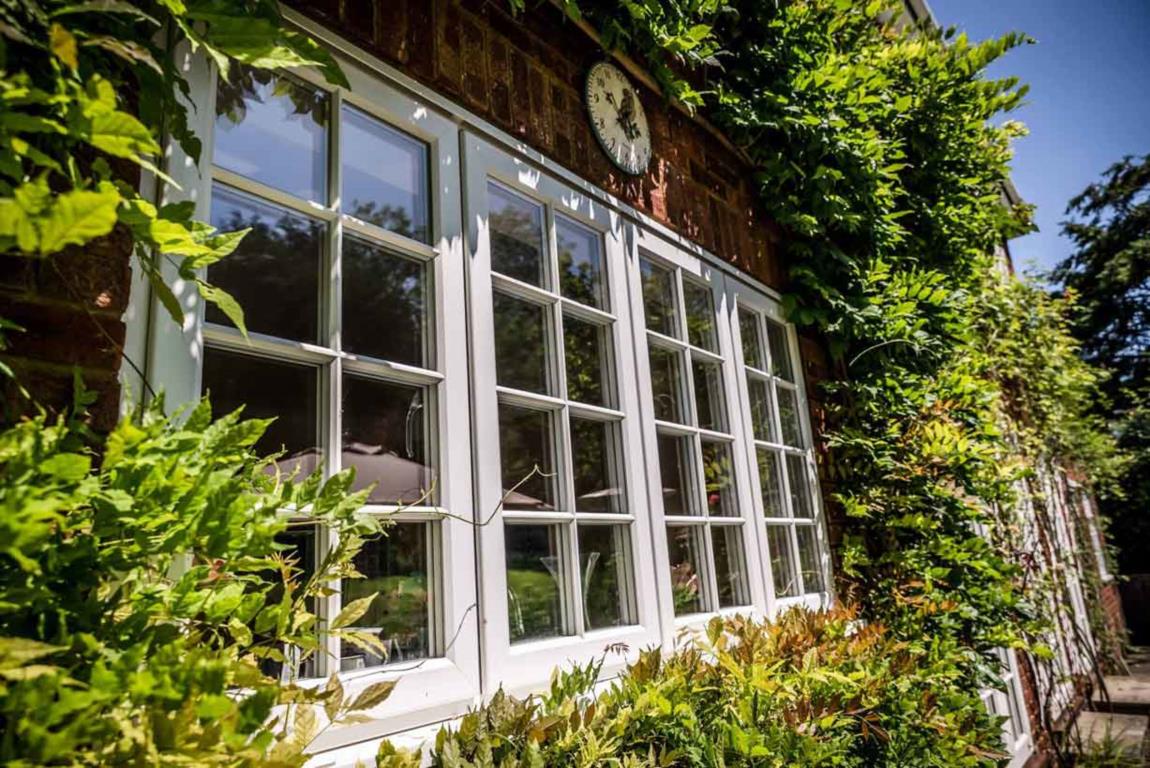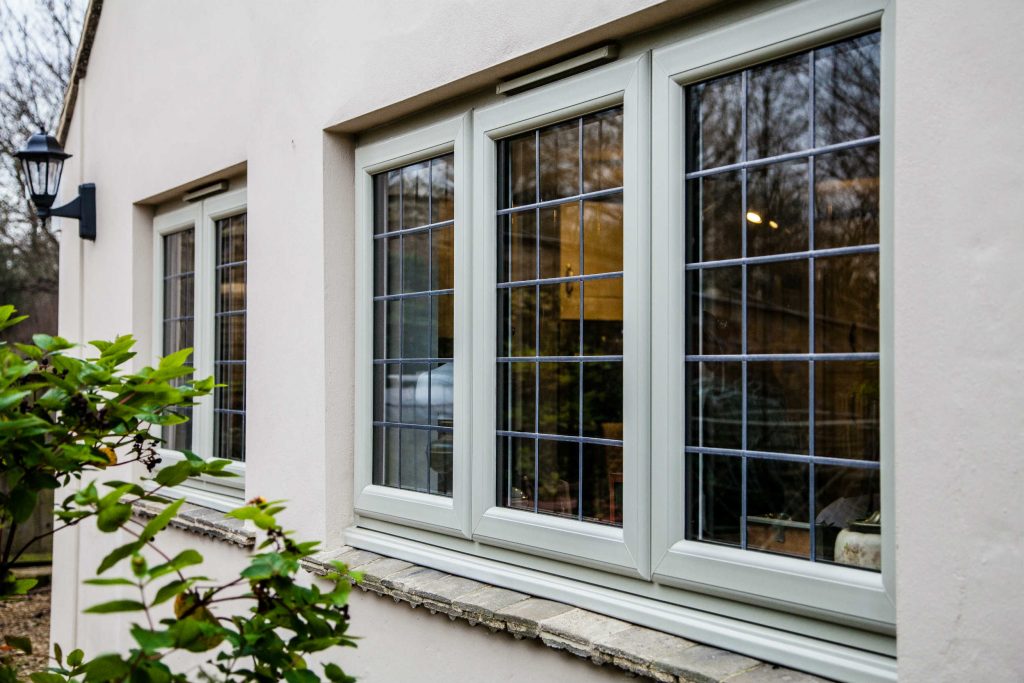All Categories
Featured
Table of Contents
Double Glazed Windows Sydney in Watermans Bay Perth
That window can send more solar heat in winter season than in summer season. A west-facing window on a summer season's afternoon has an angle of occurrence from near 0 as much as 30 with a large efficient location of solar radiation. A north-facing window, in summer, has a high angle of occurrence and a low effective location of solar radiation, so can send less heat than a west-facing one.

You can rapidly and easily enhance the thermal efficiency of your house by replacing your windows. There are thousands of types of glass and frames to select from.
Plastic Window Frames - Best Plastic Double Glazed ... in Spearwood Western Australia
Single glazing with clear glass is not very effective when it comes to heat loss or gain. To improve performance, you can utilize single glazing with a more energy-efficient type of glass such as low emissivity (low-e) glass.
The energy performance of IGUs also depends on: the properties of each layer of glass. Various glass types (for example, clear and low-e glass) can be put together in an IGU.
What Are Double Glazed Windows? - Build in Lakes WA

IGU cavities can be filled with air or a more inert, low-conductivity gas such as argon the width of the cavity. Wider cavities offer lower (better) U values, with 12mm normally accepted as the favored gap how well the cavity is sealed.
If argon is installed to the cavity in location of air, wetness is dependably excluded the level of desiccant (drying agent). The spacer (metal or polymer strip) that separates the glass layers contains a desiccant to take in any wetness. Insufficient desiccant might cause moisture to condense on the glass surface in cold conditions, decreasing thermal efficiency.
Window Glazing For Households - Energy in Joondanna WA
IGUs can provide better energy efficiency for all climates, particularly in heated and air-conditioned houses. Cross-section detail of single, double and triple-glazing units Low emissivity glass (frequently referred to as low-e glass) reduces heat transfer. Low-e glass may be either high or low transmission: High transmission low-e glass has a finish that allows daytime from the sun to enter the home to achieve great solar heat gain, however lowers the amount of the long wavelength infrared heat that can leave back through the window.
Low-e glass has either a pyrolytic coating or a vacuum-deposited thin movie metal coating. Pyrolytic finishings are durable and can be utilized for any glazing; vacuum-deposited finishings are soft and are just utilized within IGUs. Low-e coatings can considerably enhance both U worth and SHGC; nevertheless, they should be used correctly or they will either degrade or stop working to perform as needed.
The Surprising Benefits Of Double Glazing In The Summer ... in Parkwood Western Australia
Low-e coverings can be utilized in mix with clear, toned or reflective glass. Low-e finishes on glazing can reduce heat transfer where needed Image: Department of Industry, Science, Energy and Resources Toned glass has actually colouring ingredients consisted of during manufacture. It is readily available in numerous colours, generally bronze, grey, blue and green.
Latest Posts
Double Glazed Windows: A Complete Guide in Kelmscott WA
How Does Double Glazing Keep Heat Out? in Lathlain Western Australia
A Complete Guide To Double Glazed Windows in Wembley Downs WA